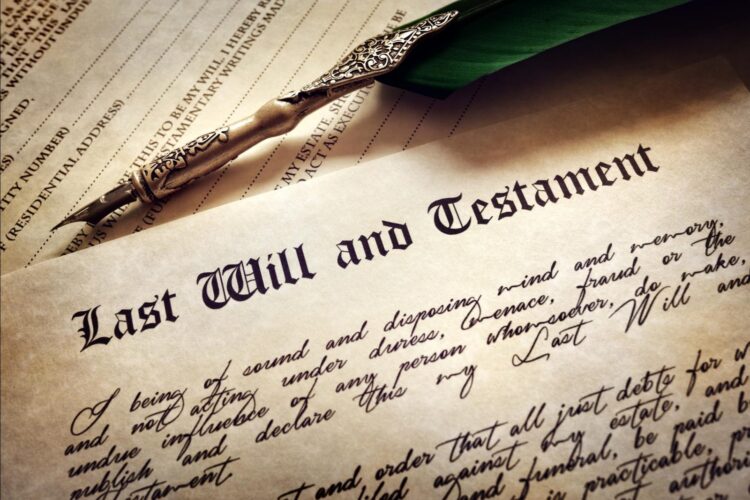What Exactly Is a “Self-Proving Will”?

A self-proving will is one that, in addition to being properly signed by you and properly witnessed, also includes what’s called a “self-proving affidavit”. This is a statement that’s attached to the will. Your witnesses sign the affidavit, under penalty of perjury, stating that they watched you sign your will, and that the signing was completed according to the requirements of state law.
What’s the benefit of this? Without a self-proving affidavit, when you pass away, your witnesses will have to come to court and swear under oath that your will was properly signed. We all hope to live long, happy lives after we put an estate plan in place. And, if this happens, it can be especially difficult to find witnesses. Often, the people who witnessed your Will have moved or passed away.
With a self-proving affidavit, there’s no need to track down witnesses before your Will can be admitted to probate. If your Will is self-proving, then it can be admitted to probate without live witness testimony. These days, Wills that are drawn up in an attorney’s office include a self-proving affidavit. If you have a do-it-yourself Will, or if your Will was made by an attorney, but it’s older, you’ll want to check to make sure it’s self-proving. If it’s not, an estate planning attorney can help you put a Will in place.
In many states, a will is considered self-proving when two or more witnesses agree to sign (under penalty of perjury) that they witnessed the will-maker sign the document as well as he / she having explained to them that it was his / her will. If no one comes to contest the validity of the will, the probate court will usually accept the will without having to hear testimony from witnesses or be burdened with providing further evidence.
